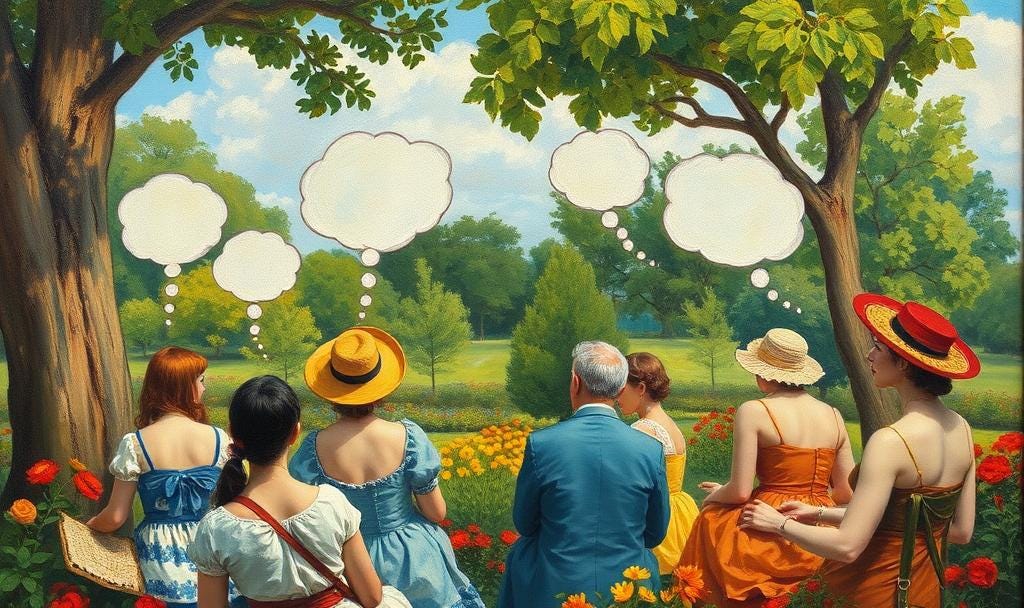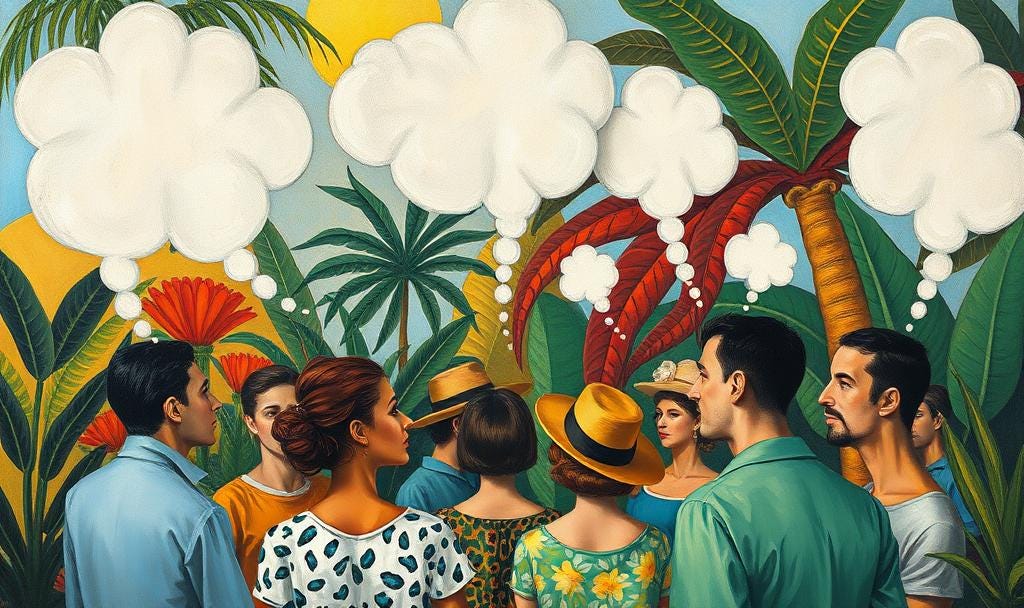The Hidden Truth About Cause and Effect in Our Lives
Breaking Free From Blame with the Revolutionary Perspective in “A Course in Miracles”
Among the many concepts, ideas, and propositions advanced in A Course in Miracles, one of the most fundamental and central in the promotion of peace of mind, love of self, and sense of freedom is that of cause and effect.
The relationship between cause and effect and our misunderstanding of this principle contributes to much of our pain, suffering, and loss.
Chapter 2 of the Course text states,
Actually, ‘Cause’ is a term properly belonging to God, and His “Effect” is His Son. This entails a set of Cause and Effect relationships totally different from those you introduce into miscreation. The fundamental conflict in this world, then, is between creation and miscreation. All fear is implicit in the second, and all love in the first. The conflict is therefore one between love and fear.
The spiritual logic of the Course holds that God is our creator (our cause) and that we are his Son (the effect). God, being love, extends Himself in an ongoing, ever-occurring state. When we anchor ourselves in love and acknowledge that we are His creations, we situate ourselves according to the principle and understanding of being God's effect.
Yet, in the material world and our lives, we often confuse and essentially reverse the principle of cause and effect. All too often, we identify those factors, variables, situations, places, and people as the root of unhappiness, unrest, and discontent. Less frequently do we recognize that these are the effects of something we are doing.
In essence, our frame of mind and the type of experience we have rest with our thoughts and how we choose to think. Thinking and the thoughts that constitute our experiences are the cause of how we interpret our experiences.
Thus, it is not something outside of us that dictates our well-being, happiness, and joy. We ourselves decide and determine our well-being, happiness, and joy in how we perceive our experiences in this world.
When we fail to align ourselves with love and creation, we fall into fear and the proliferation of miscreation. Ultimately, the Course argues that everything and anything can be boiled down to a choice between love and fear.
So why does it seem to have become a de facto and automatic perspective to blame others and the world for our feelings? Why does it seem almost intuitive to say that one is happy or unhappy because of the actions or words of others? Why do we so quickly and easily make other people the cause of our state of mind and well-being? Why do we lean so heavily on others to determine our sense of self?
The Course might suggest that such errors are evidence of the insidiousness and twisted logic of the ego. The ego seeks to blame and ascribe fault to all others except itself. The ego seeks to find the flaws and mistakes made by others. It is quick to uphold these, to dwell in the shortcomings of others, to take stock and inventory of others, and to hold others liable for the misery and sadness experienced by the self.
Engaging in this ego-centric mode of thinking serves as a distraction from the self. It is a veil that clouds the self and the power of the self to determine how one experiences the events, people, and circumstances one encounters. It is a denial of the power one possesses to choose love, to choose how one will perceive what one encounters, and to surrender one’s power to the illusions of the world.
Thus, when we reverse cause with effect and come to identify factors outside ourselves as the reasons for our emotional, spiritual, and overall well-being, we participate in an amnesia of our spiritual identity as the Son of God and a denial of being the effect of God.
The Course aims to remove the blocks to the awareness of love. Part of this process is understanding and applying the principle of cause and effect in our lives.
When we begin to take responsibility for how we think and choose to react to others, situations, and circumstances in our lives, we enact our agency and take up our power. We refuse to allow the stuff “out there” to shape or affect how we feel on the inside.
Ultimately, the Course works gently and peacefully to support us in recognizing the power of our thoughts and how we think as the root of what we do. Indeed, this does not mean that we will greet any or all situations or people with unencumbered joy, zest, or enthusiasm. But it may mean we do so with acceptance and fidelity by grounding ourselves in what we believe, what we hold sacred, and in the vision of how we want to live our lives and the kind of experience we want to have.
Have a great week, everyone.
Peace and love.





I agree that most people don’t see the result of cause and effect as something that is in their control. Often we cause the negative effect and blame it on something else. If only we would consciously recognize that our actions will have an effect deciding if it will be a positive or a negative outcome then make a decision.
I don't think I've seen this process described more concisely or effectively:
"The ego seeks to blame and ascribe fault to all others except itself. The ego seeks to find the flaws and mistakes made by others. It is quick to uphold these, to dwell in the shortcomings of others, to take stock and inventory of others, and to hold others liable for the misery and sadness experienced by the self."